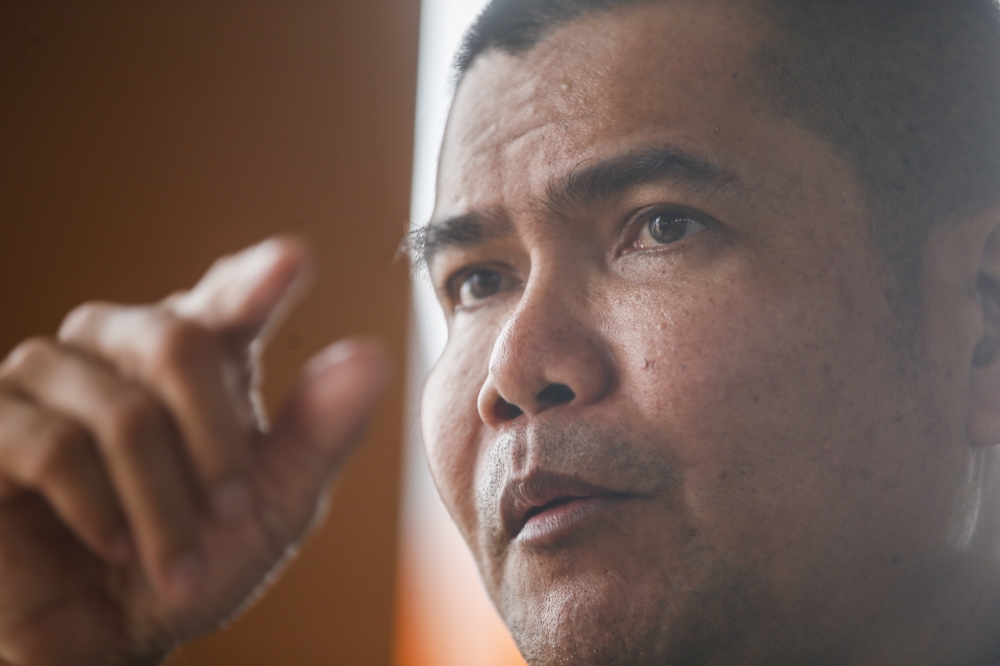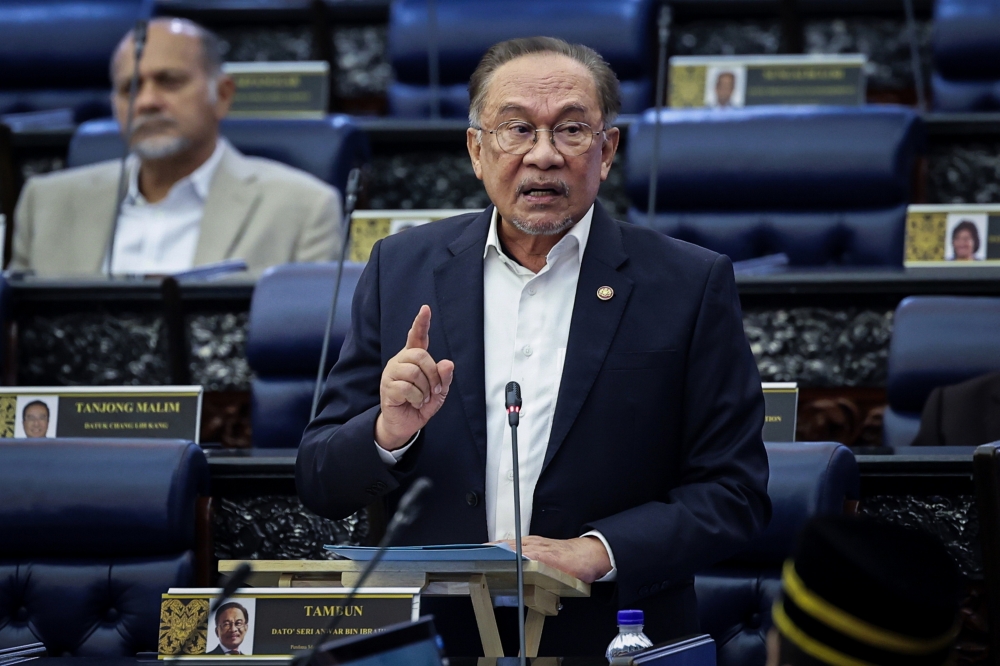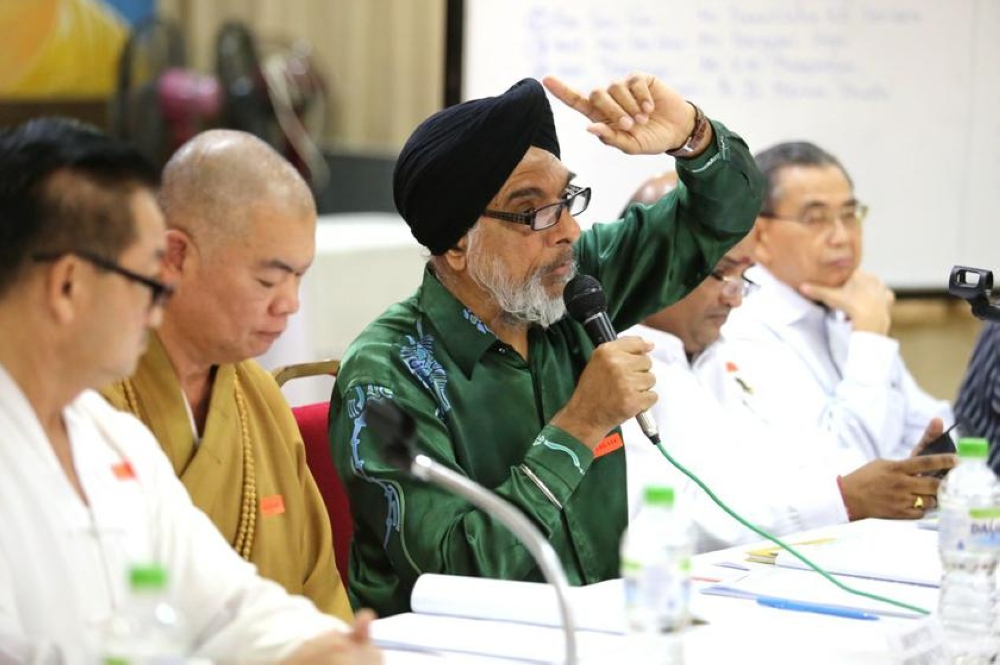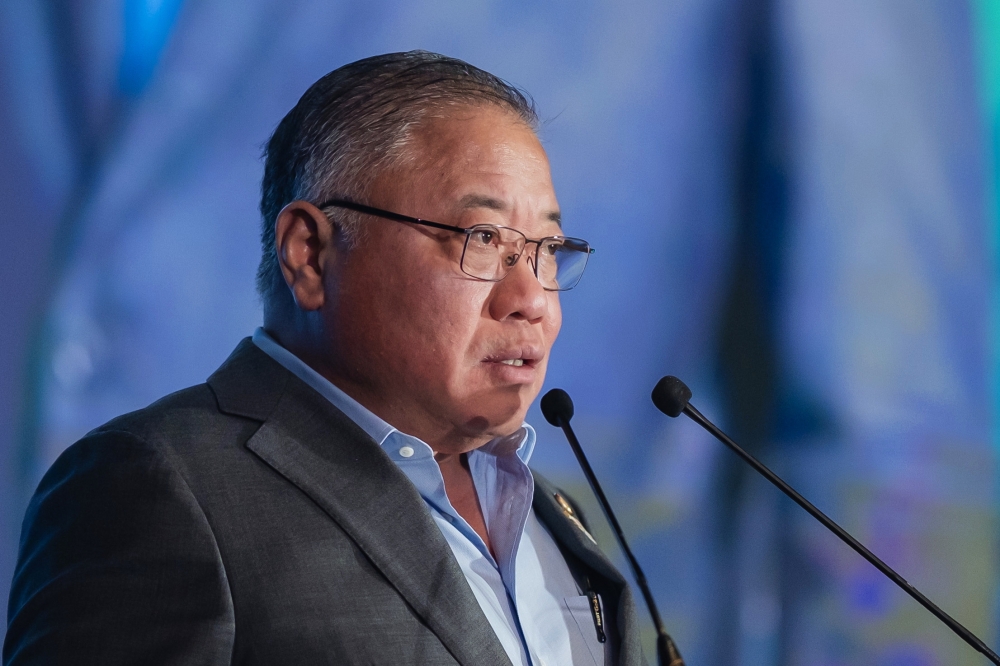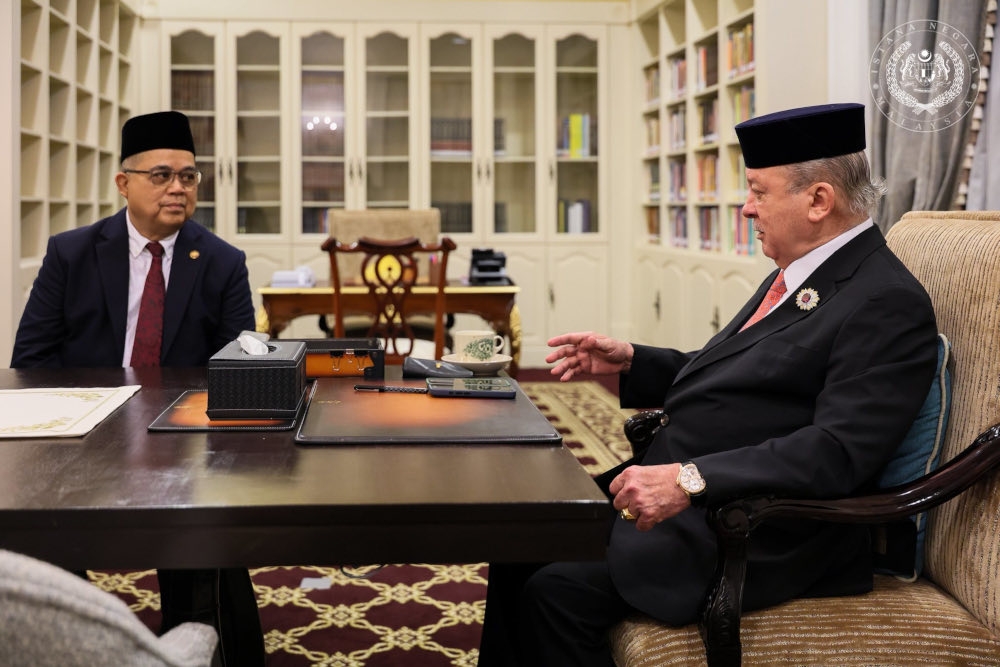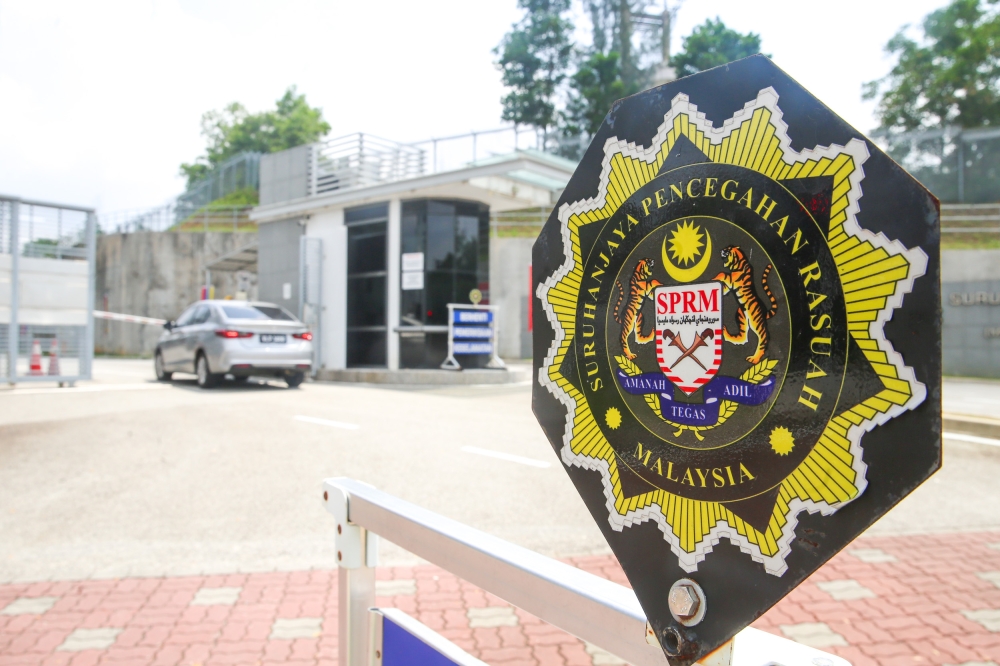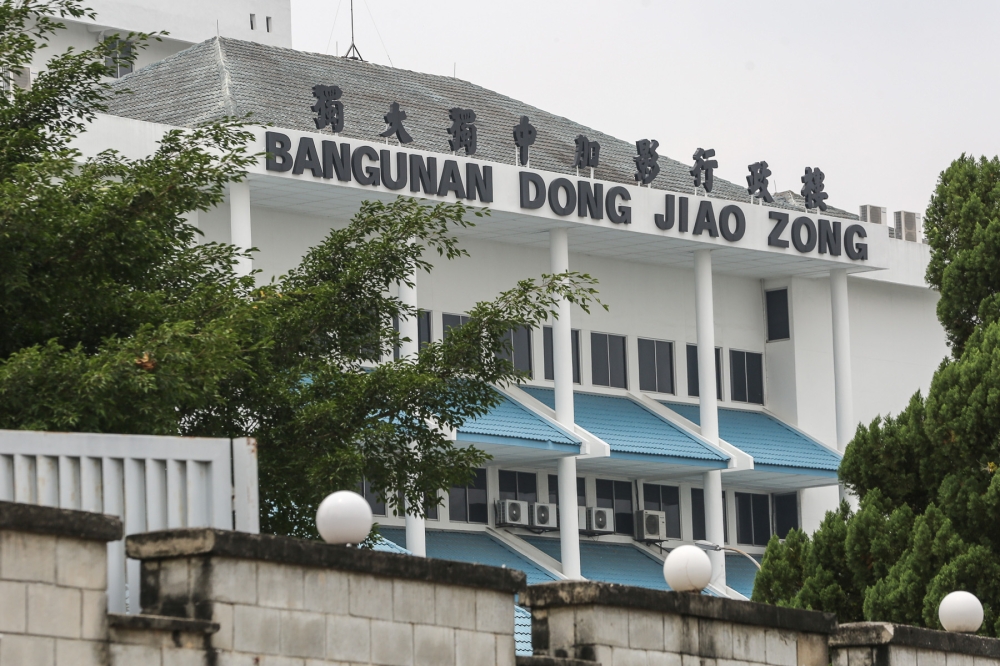KUALA LUMPUR, Oct 23 ― The selection and appointment of judges should not be influenced by the executive arm of government which includes the prime minister, or even Parliament, the Malaysian Bar said today.
Malaysian Bar president George Varughese noted that Prime Minister Tun Dr Mahathir Mohamad recently said Parliament would screen candidates for the appointment of judges and other positions before submitting the names to the Yang di-Pertuan Agong, adding that it indicates the prime minister will no longer play a role in the appointment and promotion of judges.
But Varughese said it would not be appropriate for Parliament to vet candidates as judges, unlike key positions in other public institutions where candidate screening by Parliament would be timely.
“Nevertheless, judicial candidates should not be screened by Parliament.
“It is imperative that the appointment of judges be entirely free from political influence — and any perception of political influence — by the Executive (including the Prime Minister) as well as the Legislature,” he said in a statement today.
“The Judiciary must be wholly independent from political interests and executive intervention, in order to perform its role effectively in a system of separation of powers with checks and balances, where each branch of government is able to check the powers of the other branches, to prevent any abuse of power,” he added.
Under the current framework, there is a Judicial Appointments Commission (JAC) that is formed under the Judicial Appointments Commission Act 2009, which is tasked with selecting suitable candidates to be judges before presenting such recommendations to the prime minister.
The current set-up sees the prime minister playing a key role in the appointment of judges as Section 27 of the Act allows the prime minister to request the JAC to recommend two more names after he receives its recommendations for candidates for positions from the Court of Appeal onwards.
Section 28 of the same law states the prime minister can then proceed to tender his advice to the Yang di-Pertuan Agong for the appointment of judges once the prime minister has accepted any of the persons recommended by the JAC. This is in line with Article 122B of the Federal Constitution, where the Yang di-Pertuan Agong appoints judges at the level of the High Court onwards on the advice of the prime minister and after consulting the Conference of Rulers.
Varughese today proposed that the government carry out reforms on the judiciary by setting up an independent JAC under the Federal Constitution that will be tasked with making “recommendations directly to the Yang di-Pertuan Agong”.
“The composition of the JAC must include not just representatives of the Judiciary, but also all stakeholders in the administration of justice, including the Attorney General’s Chambers, Malaysian Bar, Advocates Association of Sarawak, Sabah Law Society, legal academics, and civil society.
“The ultimate decision on appointments should rest with the JAC, after which the Prime Minister submits the JAC’s recommendation(s) to the Conference of Rulers,” he said.
He urged for such reforms to be carried out to pursue the Latimer House Principles' Principle IV of having an “independent, impartial, honest and competent judiciary” which is “integral to upholding the rule of law, engendering public confidence and dispensing justice”.

